The Metaverse is not dead and AI may be its new savior
The meta-ness of it all
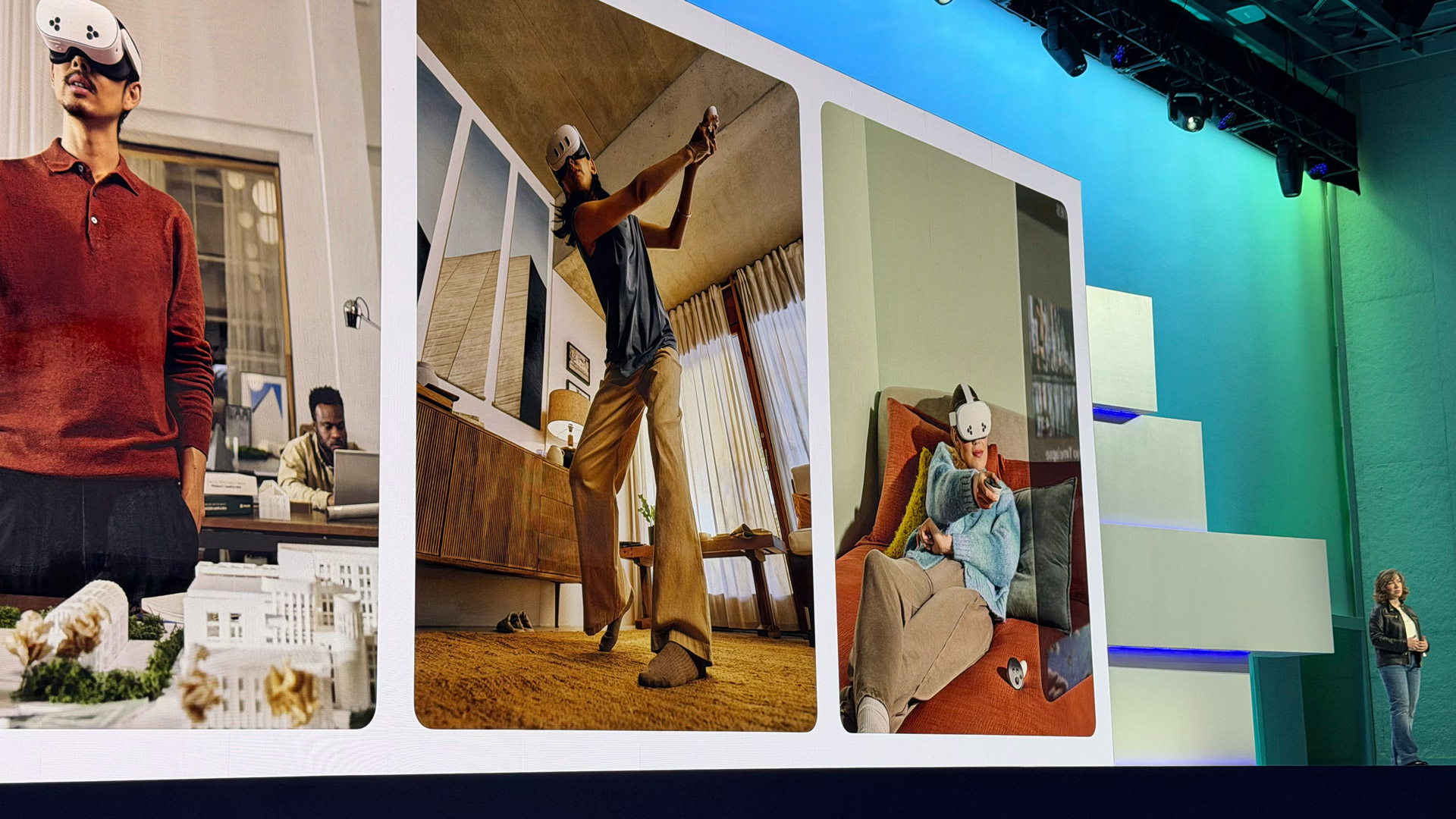
It's been four years since Facebook renamed itself Meta in celebration of, or misguided enthusiasm for, the onrushing metaverse revolution.
Except that the revolution failed to materialize. Turns out that while people were intrigued by the growing number of virtual reality headsets, consumers weren't enthused about living inside them, and even Meta now seems to admit that early experiences weren't great.
"VR is evolving in new ways...It's tough to navigate, and we at Meta have a lot to learn as well, " said Samantha Ryan, Meta VP and Head of Metaverse Content, on Thursday during the Meta Connect developers keynote.
Meta CTO Andrew Bosworth, who opened the session, echoed those comments, saying, "It's been a pretty choppy few years there," then he added with a smile, "but AI is gonna help level us up."
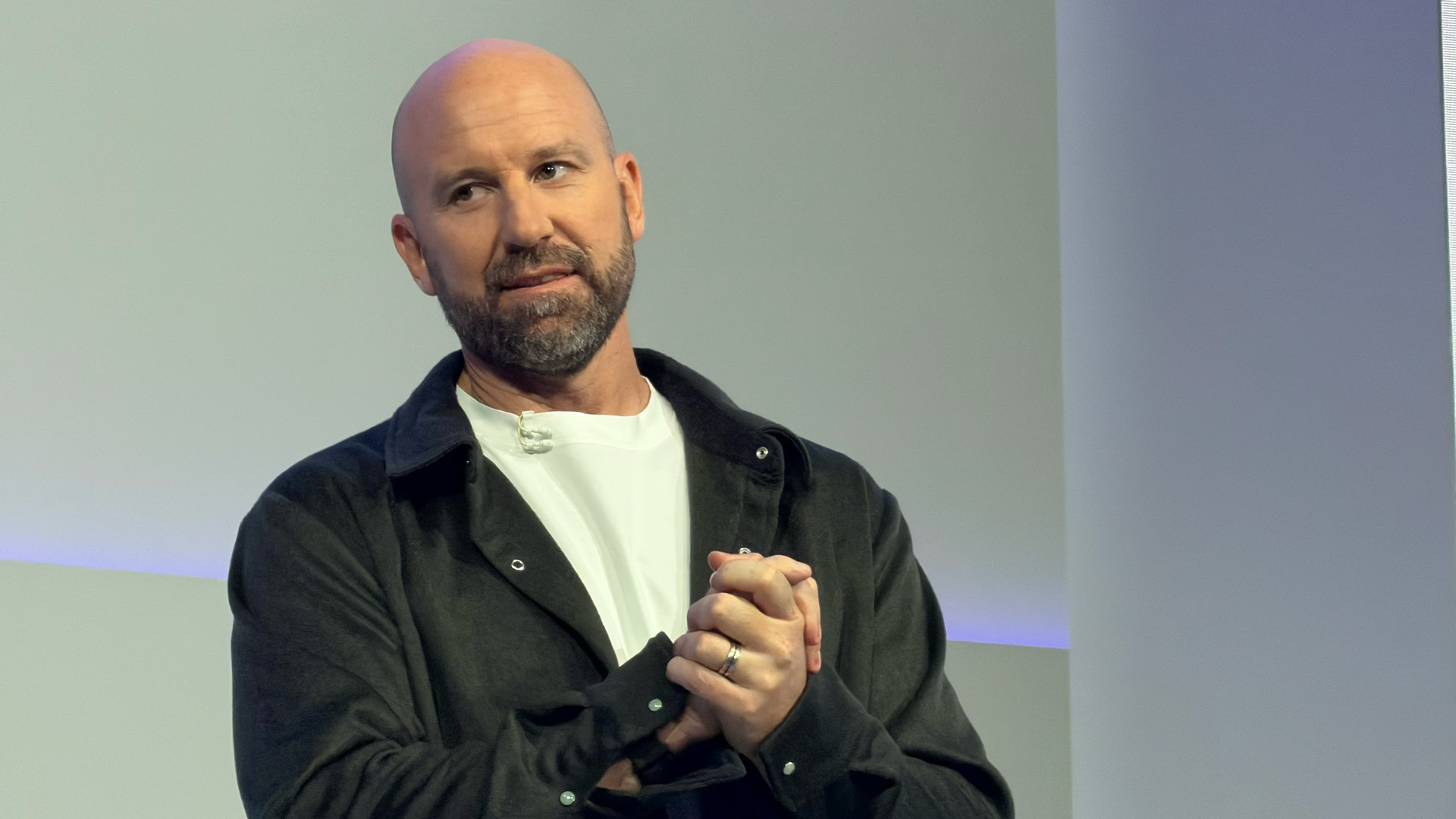
Aside from all the new smart AI glasses (like the stunning Meta Ray-Ban Display that also gets a big lift from AI), the last two days have been somewhat surprising for their renewed focus on the Metaverse and Horizon Worlds, the vast environment Meta and its partners have been building in the virtual space.
First, there are major updates coming to the programming platforms that developers use to build metaverse environments: Meta Horizon Engine & Meta Horizon Studio. Horizon Engine is notable because it replaces the widely used Unity engine for rendering these worlds.
These tools are allowing for far more complex and realistic environments that support concert-numbers of people as virtual participants. An example shown more than once over the last two days was a virtual Sabrina Carpenter concert. She appears live on a video screen, and the audience is made up of thousands of VR avatars.
Sign up for breaking news, reviews, opinion, top tech deals, and more.
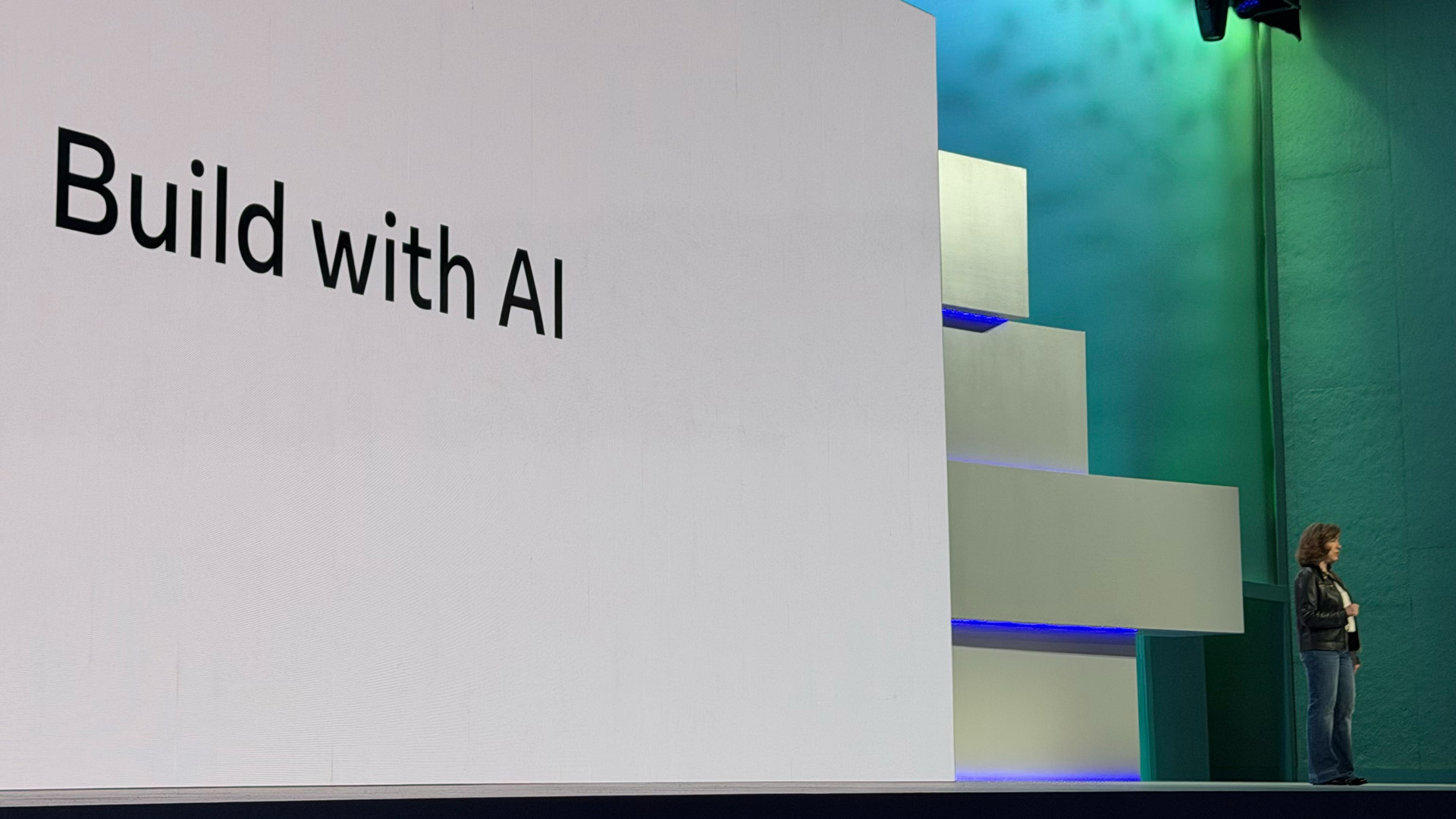
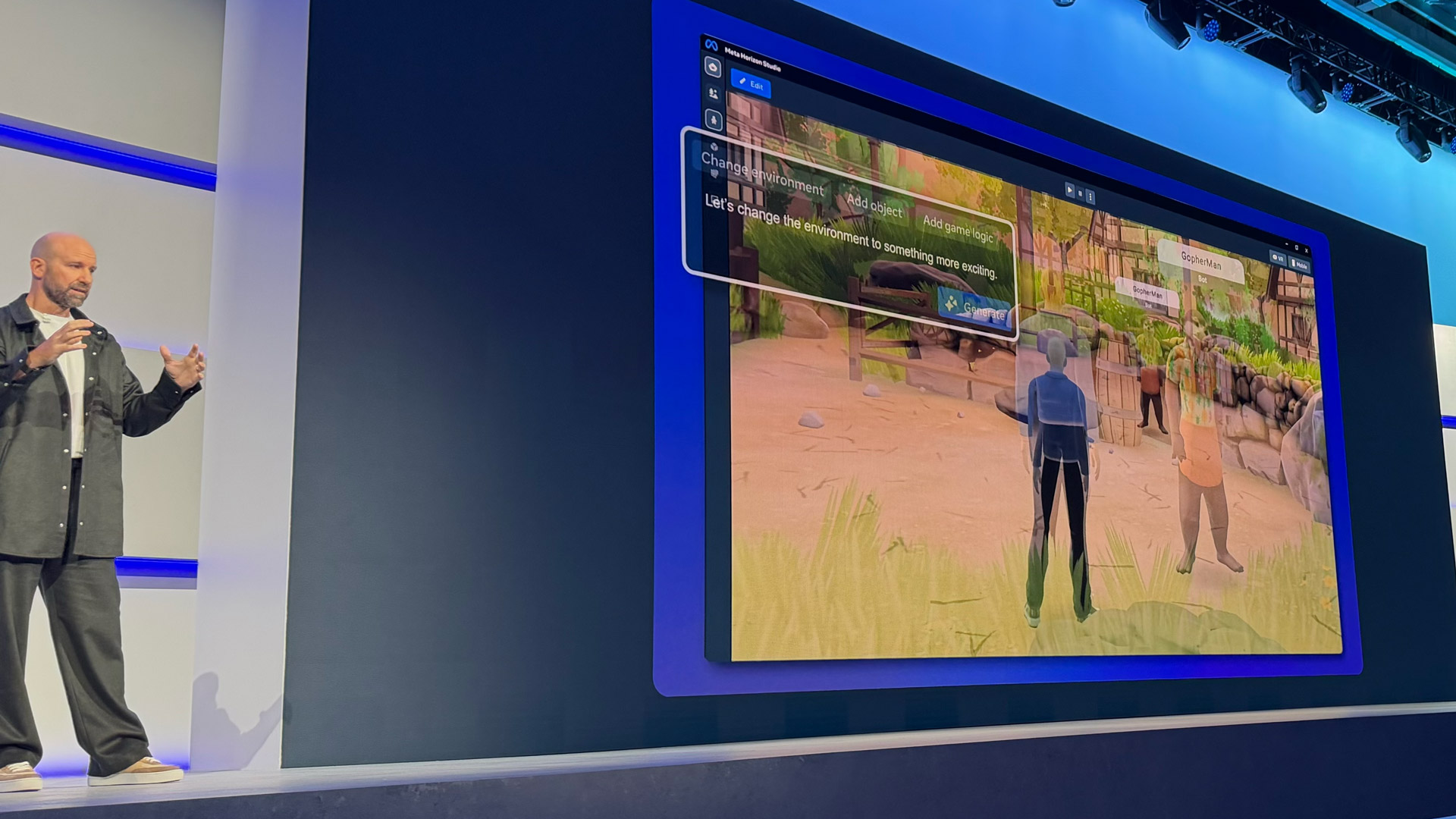
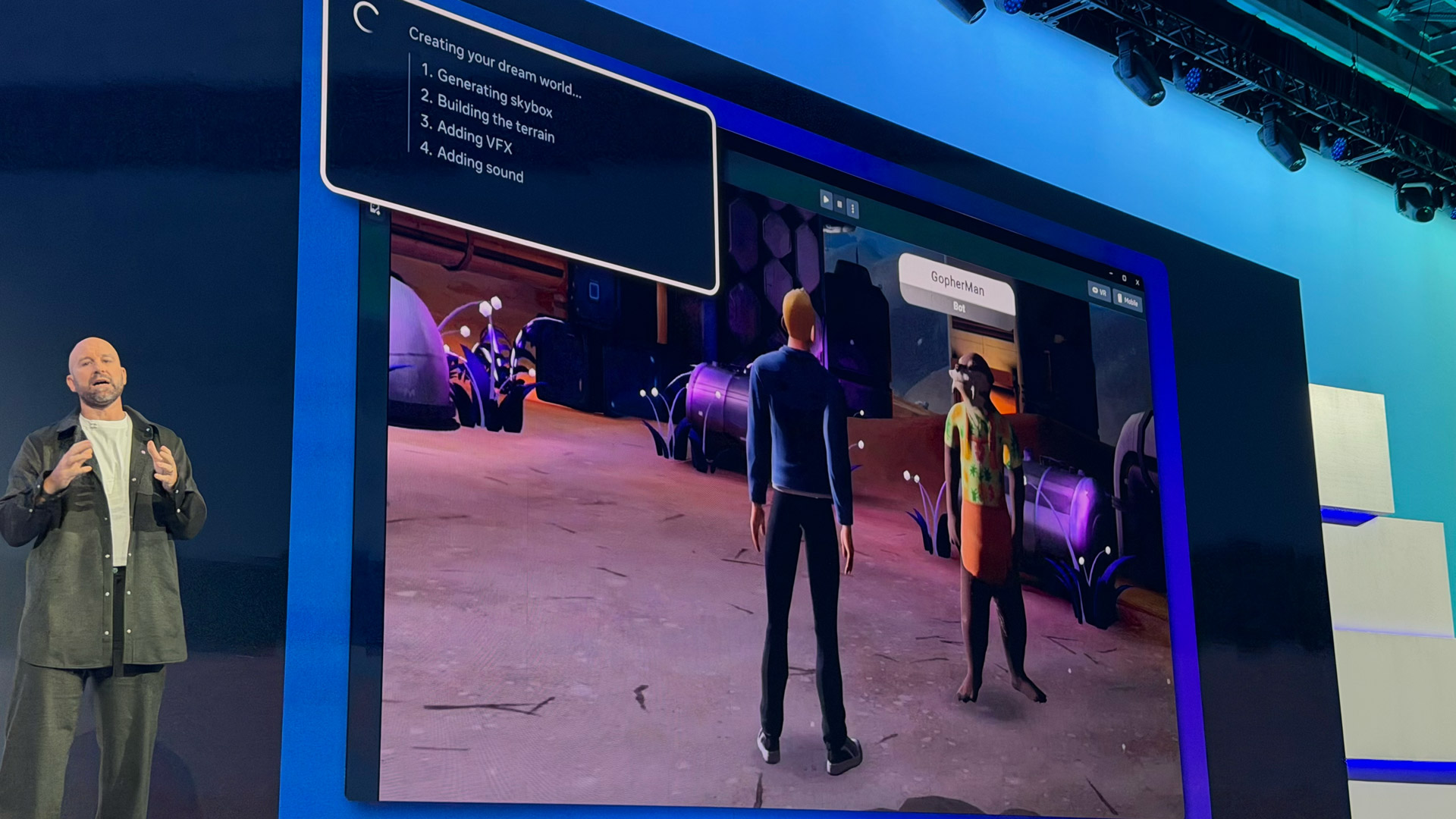
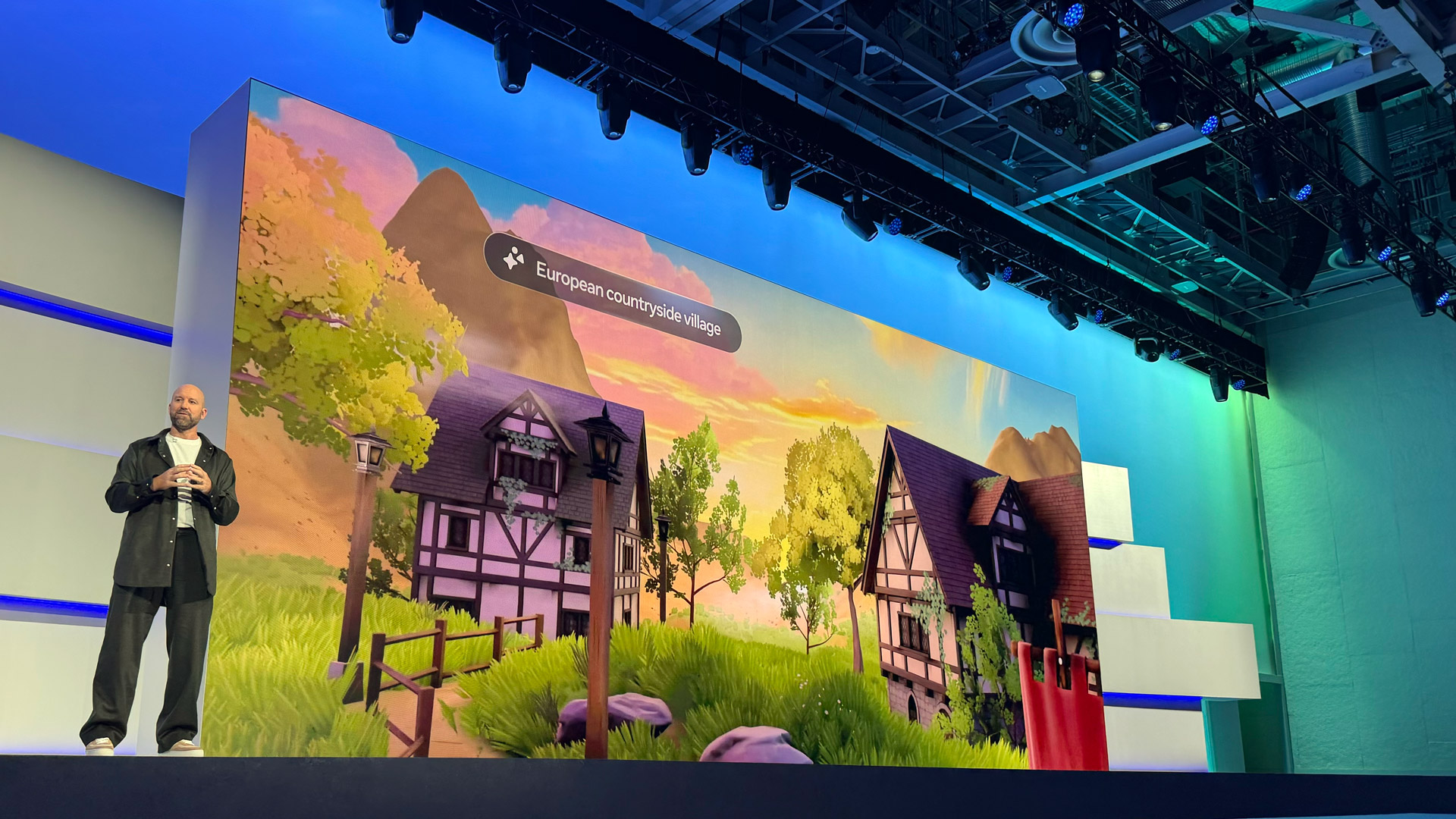
Still, no advancement made me prick up my ears more than the new prompt-driven Build with AI world programming interface. It will let developers start with basic, foundational worlds and then, through prompts, add and adjust elements. Obviously, this is drastically simpler than writing code. It's the kind of AI tool that could speed up not only the creation of new worlds, but the ability to adjust them in positive ways based on user feedback.
AI doesn't solve all of the Metaverse's ills. The Metaverse is still a proprietary environment you can only enter through a VR headset like Quest 3s. It's mostly boring unless you are engaged in a directed activity.
In fact, gaming still remains the chief VR-based activity. One 2023 study found 72% of VR headset users are in it for immersive gameplay. Outside the Metaverse, I tried Deadpool VR in the Quest 3s. It's a fantastic demonstration of the gaming possibilities inherent in a virtual, interactive space. The game, by the way, is just as chaotic, bloody, and funny as the franchise.
Inside the metaverse, the best experiences are still games, especially ones for vertical communities.
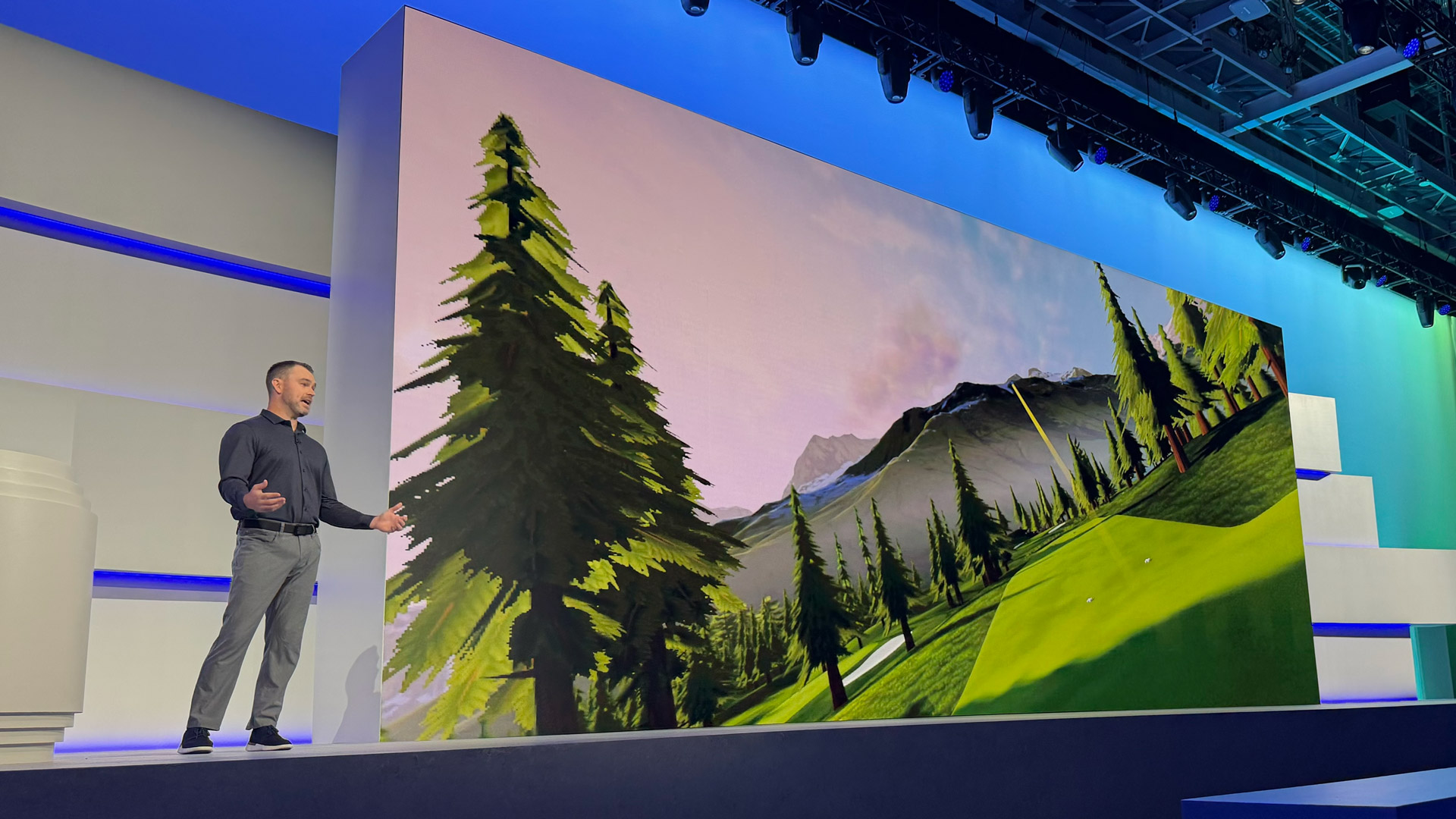
Meta highlighted Golf+, which was born out of a simplistic VR experience called Pro Putt. When the developers discovered that 50% of its players were real golfers, they decided to lean into it with "full-swing, realistic golfing".
Golf+ now caters to that golfing community with replicas of actual golf courses. "More rounds are played in Golf+ are played in a single day than an average golf course sees in a single year," said Golf+ CEO Ryan Engle.
Engle suggested that the keys to success in VR for developers are threefold:
- Find your niche
- Think longterm
- Know your customer
But that perspective is almost at odds with the Metaverse's original goals, of being a virtual home and workspace for everyone.
The introduction of AI tools, though, may allow future Metaverse developers to better align with Engle's strategy and easily build custom Worlds that appeal to niche sets of VR users.
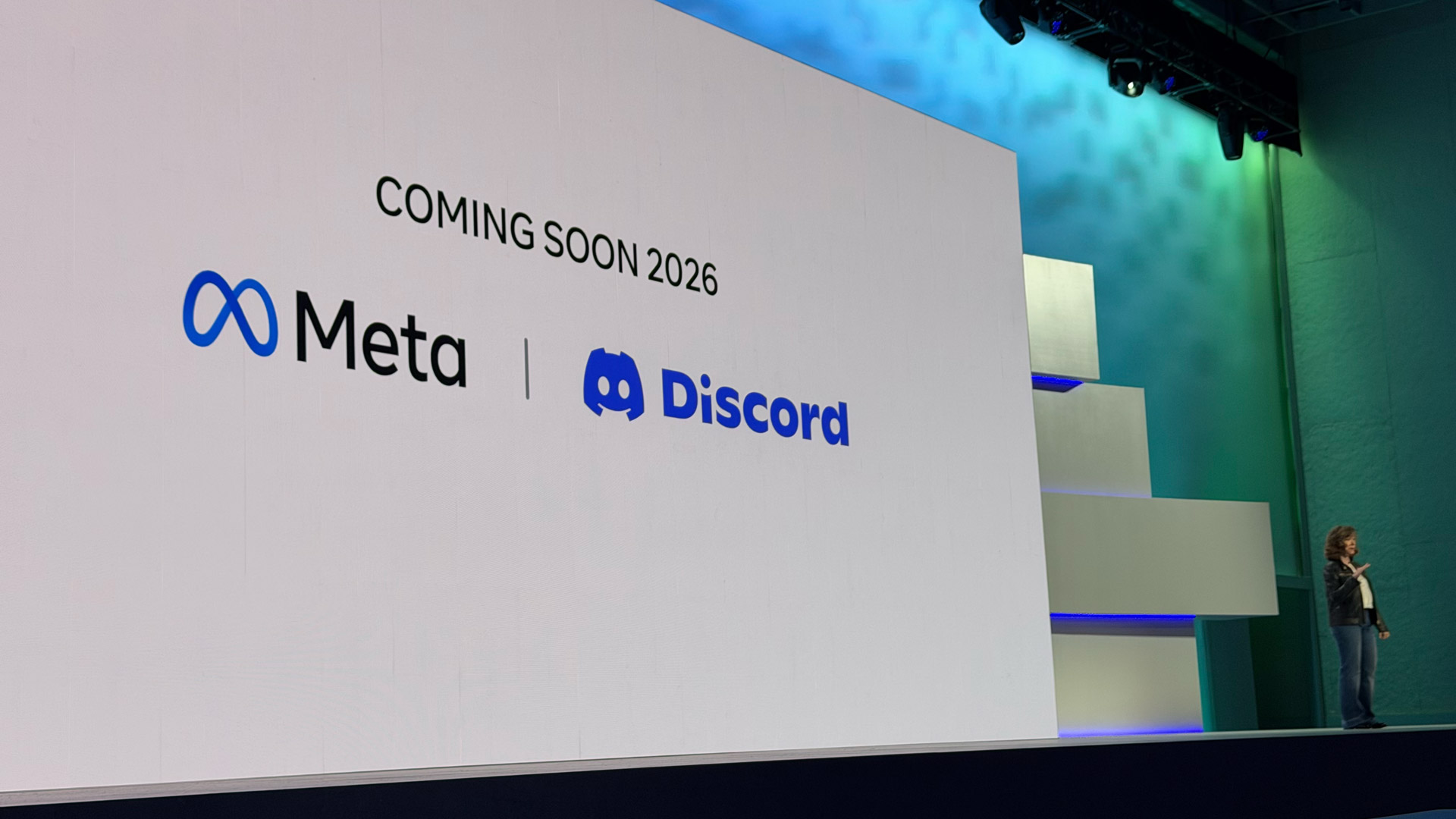
Perhaps that's why Discord is now coming as a native app to the Quest (and possibly, by extension, the Metaverse). After all, Discord is a vast discussion platform that caters to the needs of very niche discussion groups. Imagine a Metaverse where Discord users have a place not only to text chat, but to engage with and participate virtually in their most vertical interests.
It may not be the Metaverse Meta CEO Mark Zuckerberg originally envisioned, but it's clearly the one that holds the most promise.
You might also like

A 38-year industry veteran and award-winning journalist, Lance has covered technology since PCs were the size of suitcases and “on line” meant “waiting.” He’s a former Lifewire Editor-in-Chief, Mashable Editor-in-Chief, and, before that, Editor in Chief of PCMag.com and Senior Vice President of Content for Ziff Davis, Inc. He also wrote a popular, weekly tech column for Medium called The Upgrade.
Lance Ulanoff makes frequent appearances on national, international, and local news programs including Live with Kelly and Mark, the Today Show, Good Morning America, CNBC, CNN, and the BBC.
You must confirm your public display name before commenting
Please logout and then login again, you will then be prompted to enter your display name.